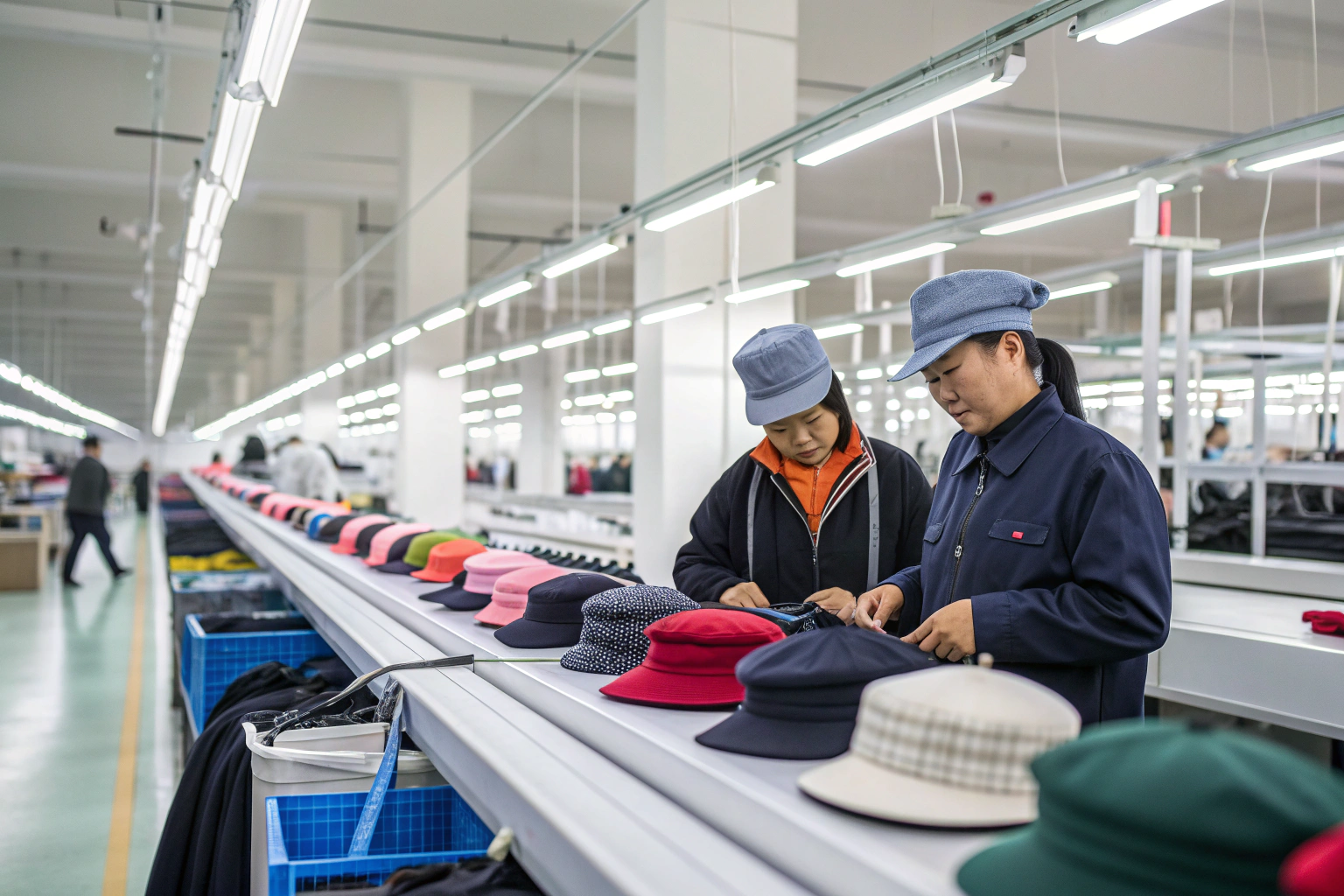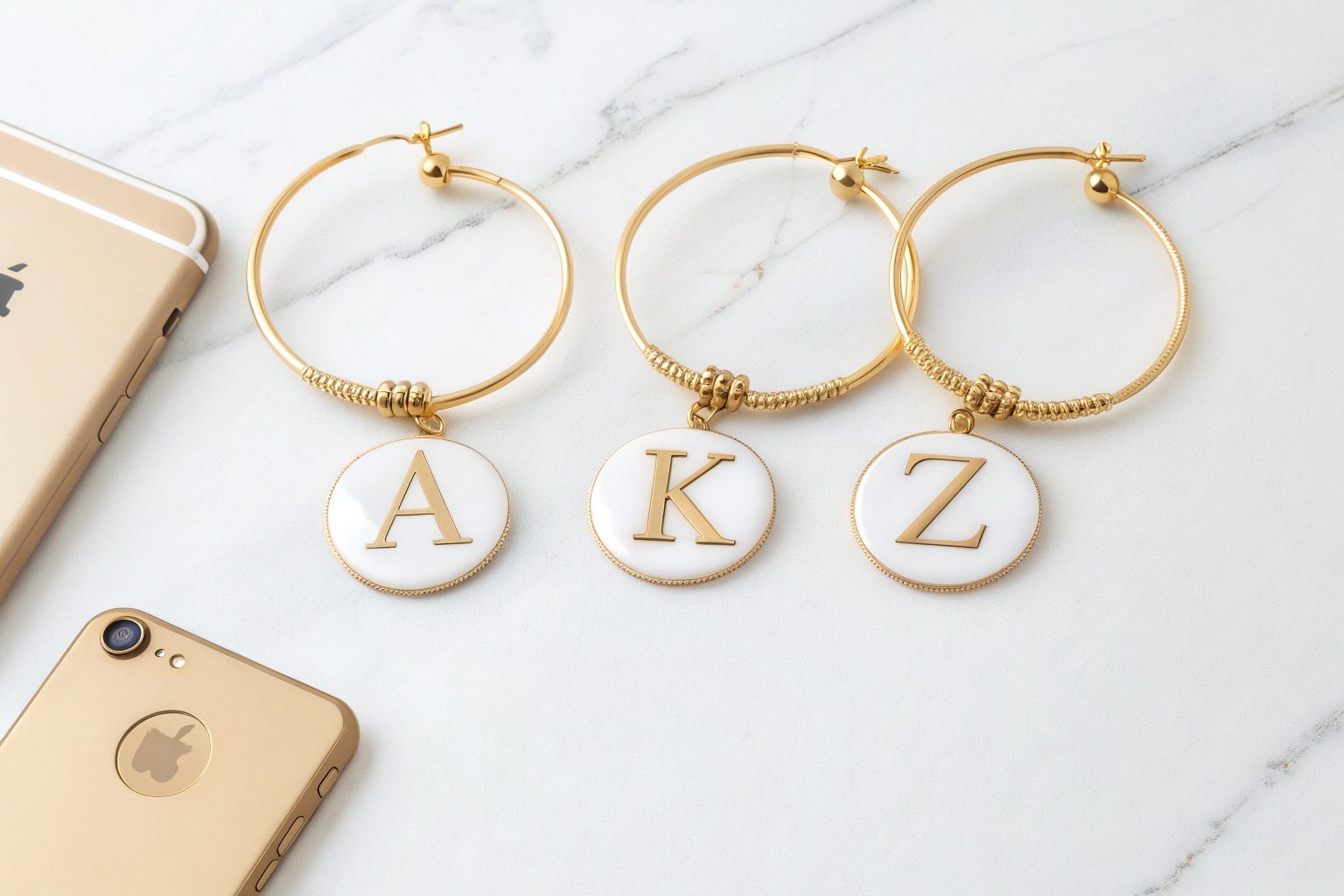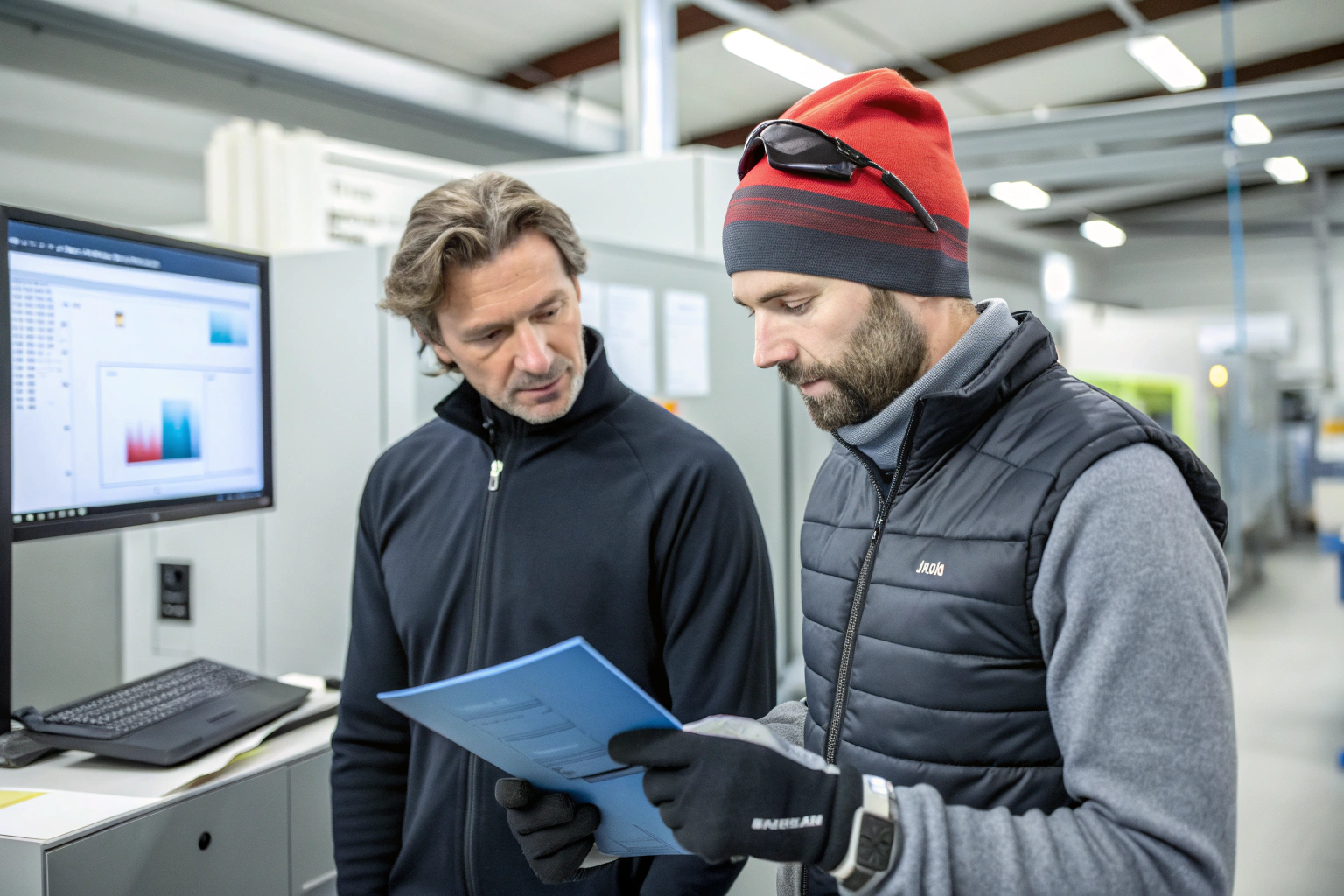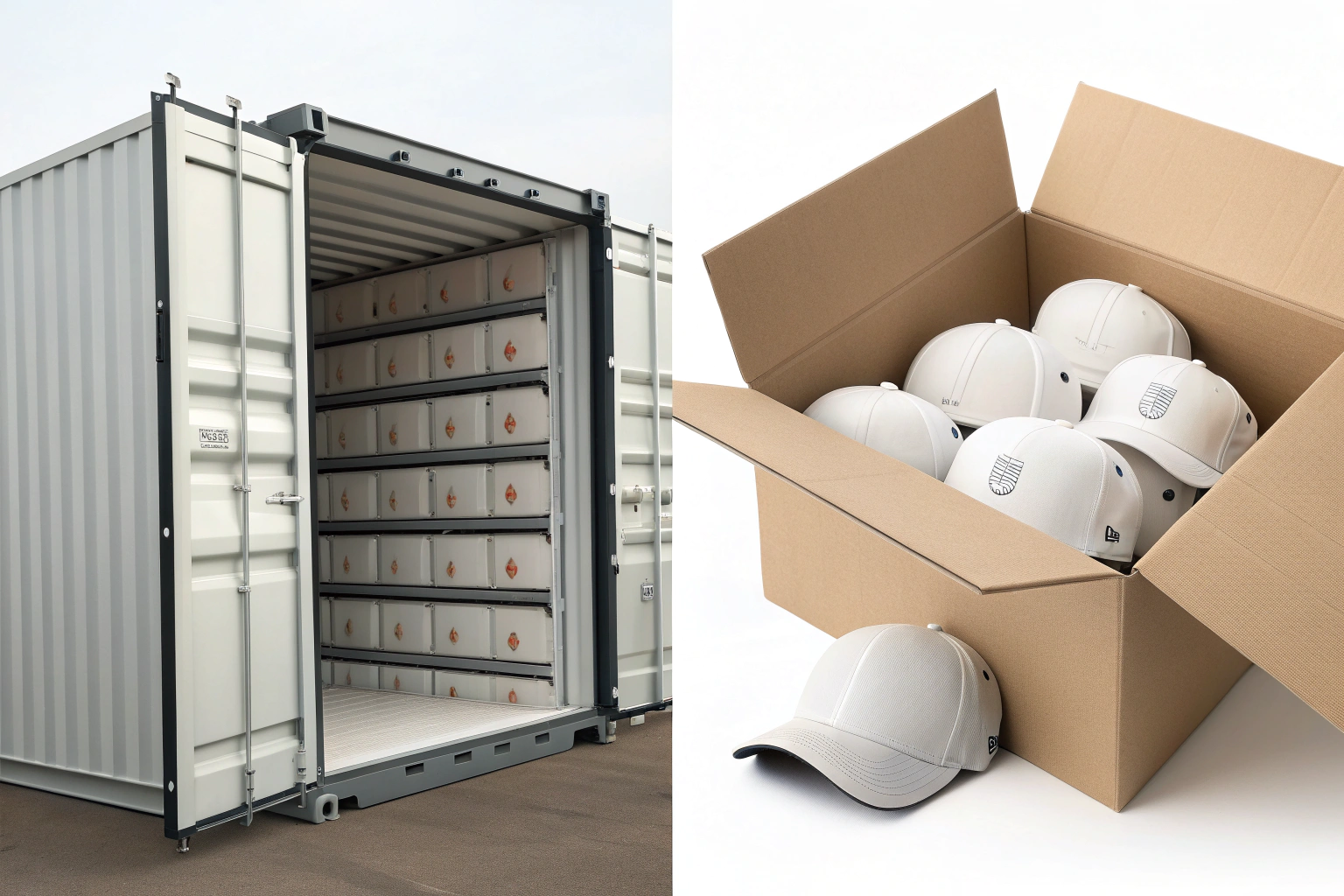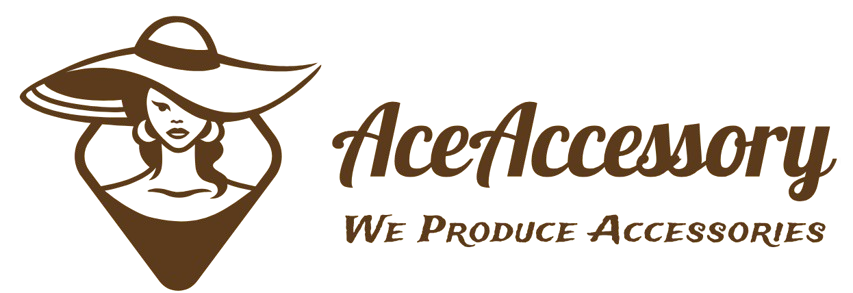When companies from Japan choose overseas suppliers for accessories, they look beyond low costs. They want consistent quality and adherence to strict standards like Japan Industrial Standards (JIS). Without compliance, shipments can be rejected, reputations can be harmed, and partnerships can collapse. This is a serious pain point for brands and importers.
AceAccessory ensures compliance with JIS standards through a structured quality control system, certified processes, and transparent testing. We align our production with Japanese market requirements to guarantee safety, durability, and reliability.
At our factory in Zhejiang, we know how vital it is for Japanese buyers to work with trustworthy suppliers. That is why we invest in professional teams, modern inspection systems, and third-party audits. In the following sections, I will explain how we meet these strict requirements and why brands can depend on us.
What Is the Importance of JIS Standards in Accessories?
Japanese buyers do not compromise when it comes to product standards. For them, JIS standards represent a guarantee of safety, quality, and compliance. If suppliers fail to meet these benchmarks, it can lead to customs issues, product recalls, or even permanent loss of trust.
JIS standards matter because they protect consumers and ensure imported products meet strict durability and safety requirements. Accessories like belts, hats, and gloves must undergo tests for strength, fabric safety, and functional reliability.
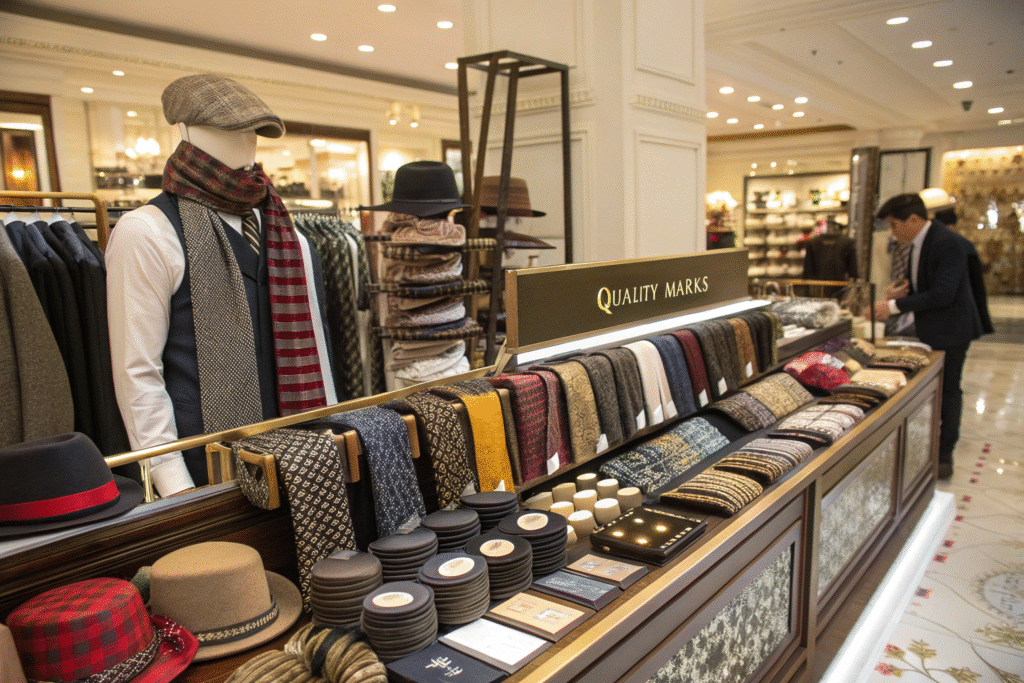
Many companies underestimate how rigorous the Japanese market can be. JIS does not only apply to technical goods but also to lifestyle products. For example, textile accessories must meet standards for color fastness and fabric safety. By meeting these requirements, suppliers prove they are reliable partners in a long-term business relationship.
Why do Japanese importers insist on JIS-compliant products?
Japanese importers want to avoid delays and customer complaints. By purchasing JIS-compliant goods, they reduce risks. For example, hats must not contain harmful dyes, and belts must pass durability tests. Retailers know that once products are labeled as non-compliant, the damage to reputation is irreversible. According to ISO guidelines, aligning with national standards is critical for global trade success.
How does JIS compliance influence customer trust?
Customers in Japan often assume products meet national standards. If they discover failures, they lose trust not only in the product but also in the brand. That is why companies like Uniqlo and other major retailers demand strict quality guarantees. Compliance becomes part of brand value, directly linked with customer satisfaction and loyalty.
How Does AceAccessory Test Materials and Products?
At AceAccessory, we know that testing is the foundation of compliance. Without clear inspection steps, no factory can guarantee JIS standards. Our testing includes both in-house quality checks and third-party verifications.
We conduct rigorous tests on materials and finished products to verify strength, durability, color fastness, and chemical safety. Each batch of accessories passes through documented inspection before shipment to Japan.
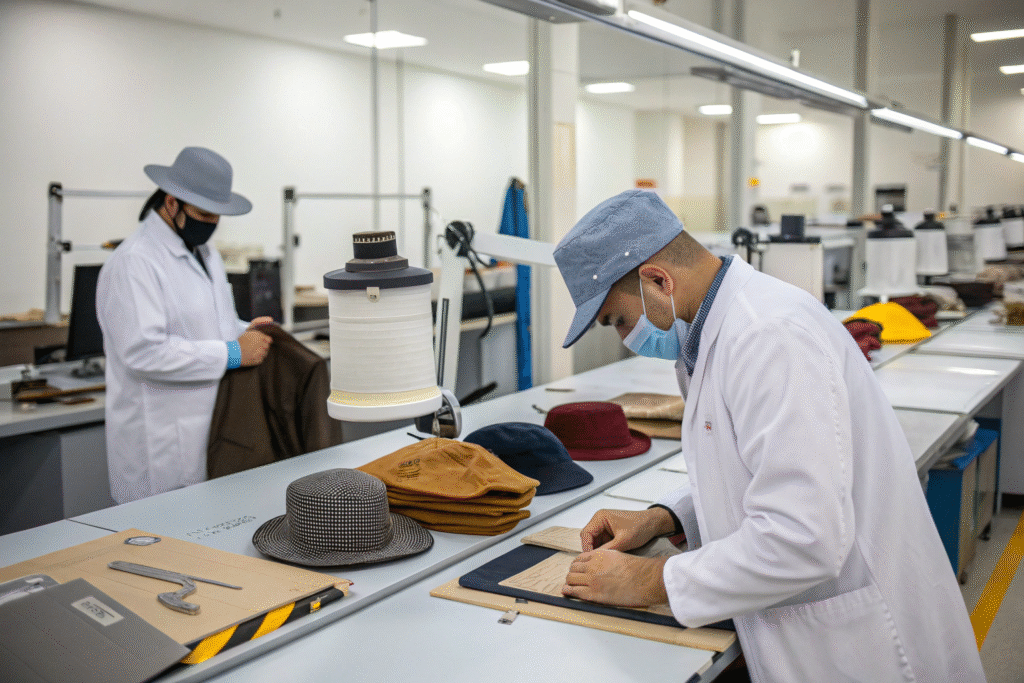
We partner with internationally recognized labs like SGS and Intertek to confirm compliance. In addition, our in-house quality team performs pre-production, mid-production, and final inspections. This ensures no product leaves the factory without meeting requirements.
What kind of tests are performed on textile accessories?
Scarves and gloves undergo REACH compliance chemical testing. We also test for fabric shrinkage and strength. Our belts are subjected to tension tests to ensure durability. Hats are checked for material safety and UV resistance. Each step follows JIS guidelines to guarantee safe use.
How are test results shared with Japanese buyers?
We provide full testing reports along with shipments. Importers can see every detail, from raw material inspection to final product tests. By working with Bureau Veritas, we ensure credibility. This transparency builds confidence and makes it easy for buyers to clear customs smoothly.
How Does AceAccessory Train Its Quality Control Team?
Our people are the core of our compliance success. Machines and reports are important, but skilled workers ensure precision in every step.
AceAccessory trains its quality control team regularly in JIS requirements, testing procedures, and international trade standards. This ongoing training ensures consistency and accuracy across all production lines.
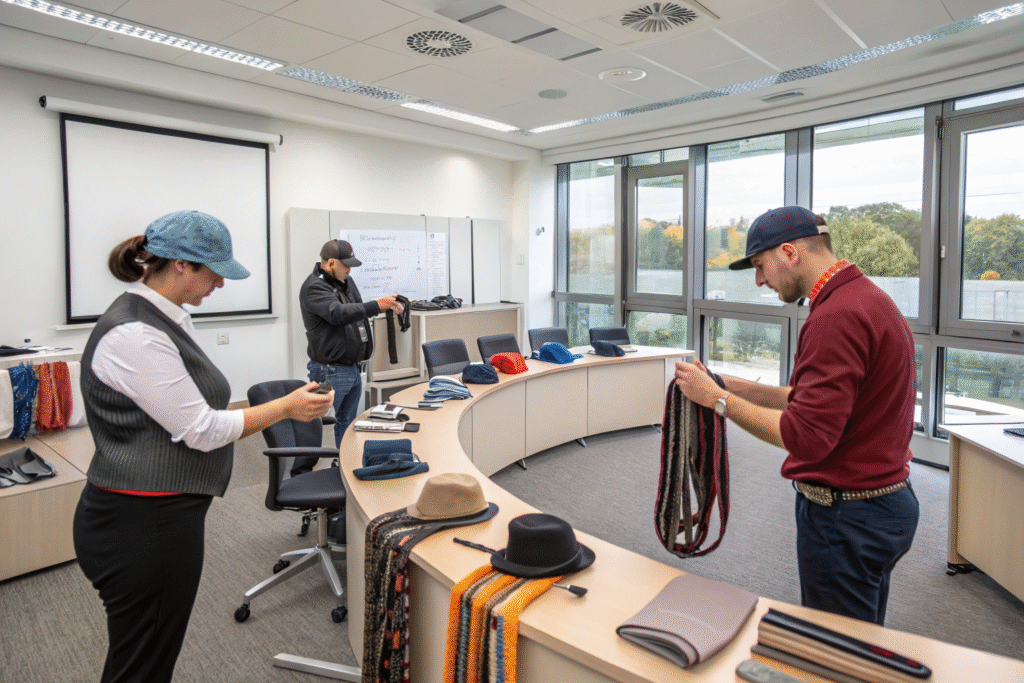
We believe in building long-term expertise. Our project managers and QC inspectors attend regular workshops and partner sessions. This way, they keep updated with changes in JIS regulations.
How do we ensure our QC staff stay updated with standards?
We invite external trainers from Japan Quality Assurance Organization (JQA) and industry experts. By combining local and international knowledge, we build a team that understands both technical and cultural expectations. This makes us more adaptable when working with Japanese buyers.
Why is training more important than machinery alone?
Machines can detect numbers and failures, but only humans can interpret results in context. For example, a scarf may pass mechanical tests but still show defects in stitching. Trained staff notice these details. According to ASTM standards, human expertise remains essential even with advanced technology.
How Does AceAccessory Guarantee Smooth Customs Clearance?
Compliance does not end inside the factory. It continues until products reach store shelves in Japan. Customs clearance is a critical step that depends on accurate paperwork and proof of compliance.
AceAccessory ensures smooth customs clearance by providing full documentation, JIS-compliant certificates, and transparent shipment records. Our logistics team works closely with Japanese importers to prevent delays.
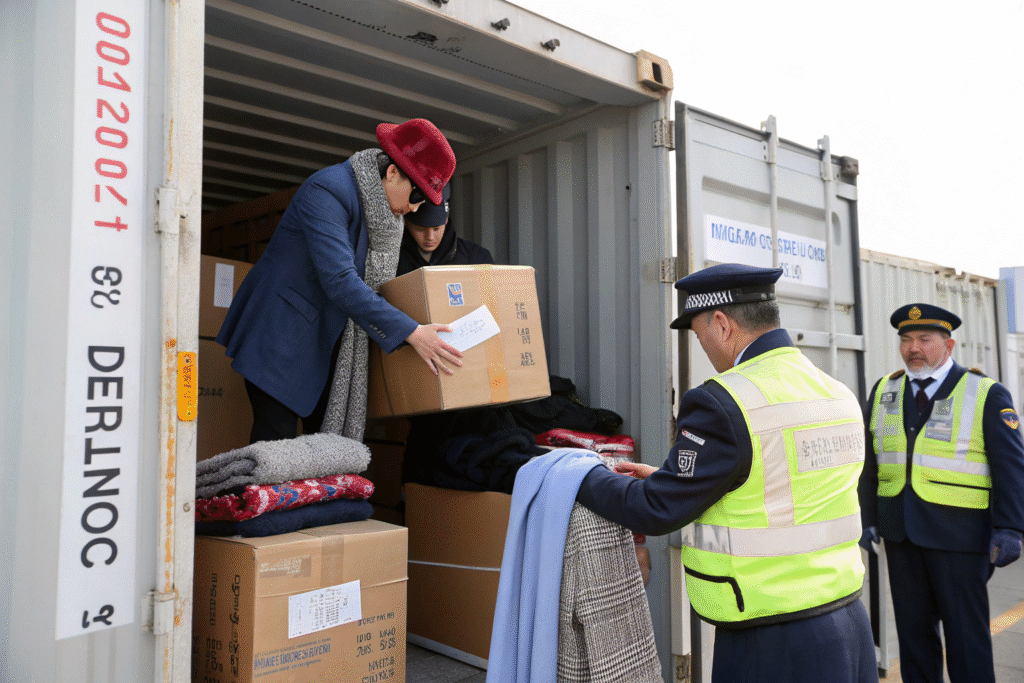
We prepare clear records that include packing lists, invoices, inspection certificates, and third-party testing reports. This reduces the risk of customs rejections and saves time for buyers.
What documents do we provide for Japanese customs?
We include JIS compliance certificates, safety test reports, and proof of origin. Each container carries a detailed list. According to Japan Customs, this level of preparation is essential to avoid delays.
How do we support importers during clearance issues?
If buyers face unexpected checks, we provide direct support. Our project managers are available to communicate with customs officers. We also work with international freight companies like DHL to ensure smooth logistics. This reduces stress for importers and builds long-term trust.
Conclusion
JIS compliance is not just a regulation for us. It is part of how we build trust with Japanese buyers. At AceAccessory, we follow strict testing, training, and logistics procedures to ensure every belt, scarf, or hat meets expectations. This commitment has allowed us to work with brands and retailers who value quality over shortcuts.
If you are considering producing your own accessories and need a reliable partner, we invite you to contact our Business Director Elaine at elaine@fumaoclothing.com. We are ready to help you design, produce, and deliver JIS-compliant accessories with professionalism and speed.

